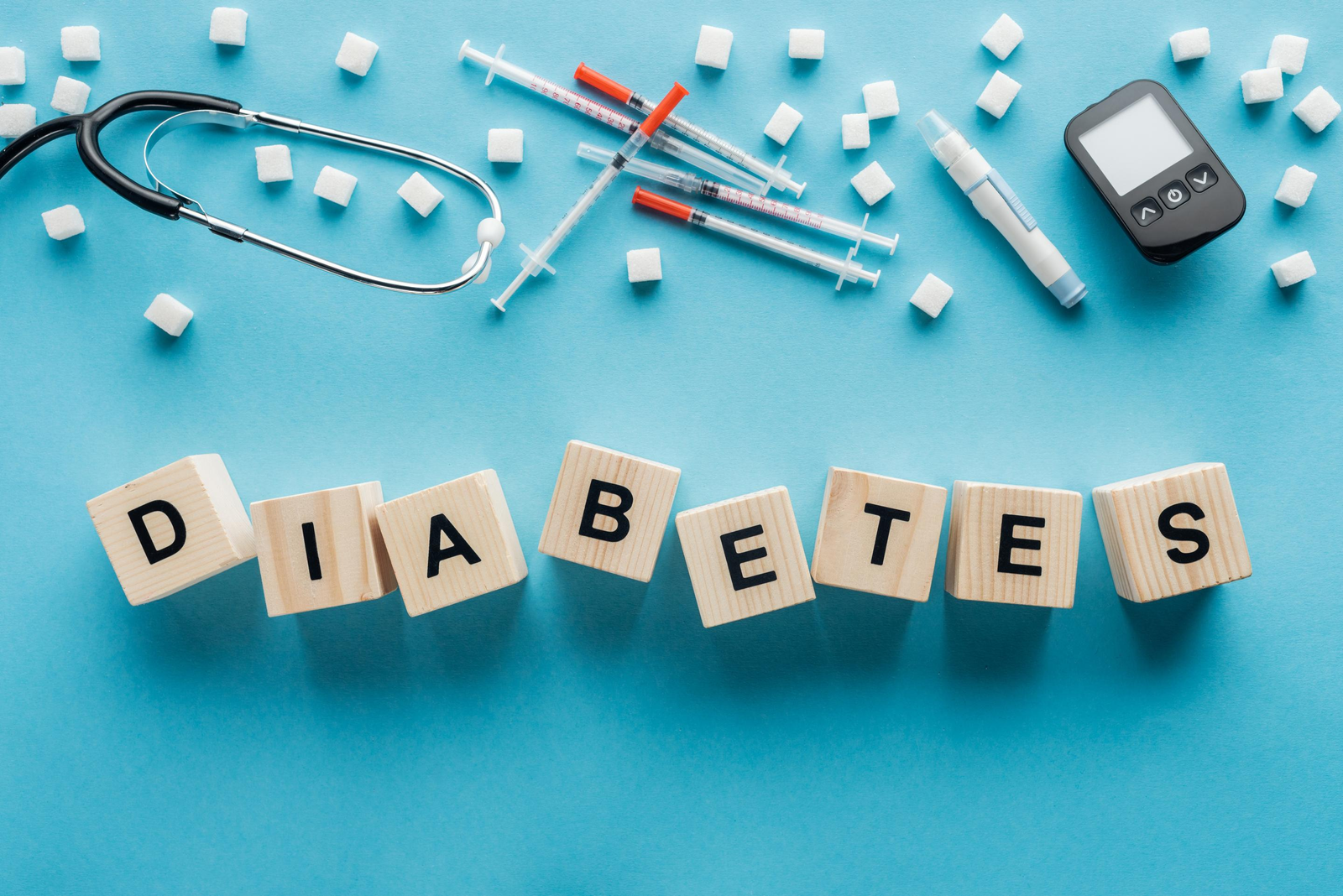Introduction: You’ve seen the labels—organic fruits, organic vegetables, organic meats—and maybe you’ve wondered: Should you switch to organic foods, or is it just a pricey fad? It can be hard to decipher what “organic” really means, and whether it’s worth the extra cost. Let’s dive into the world of organic food, break down the labels, and see if organic truly lives up to the hype.
What Does “Organic” Really Mean?
When you hear “organic,” what comes to mind? Healthier? More natural? The truth is, organic foods are grown and processed under strict government regulations. Here’s what it really means for a food item to be organic:
No synthetic fertilizers or pesticides (though natural pesticides are okay).
No antibiotics or growth hormones for livestock.
No GMOs (genetically modified organisms).
No artificial flavors, colors, or preservatives.
No sewage sludge or radiation during processing.
Fun fact: Organic foods aren’t always pesticide-free. Natural pesticides can still be used in organic farming. So, no need to picture your kale as a chemical-free oasis, but it’s definitely less chemical-intensive than conventional crops.
How to Spot Organic Foods (Without Losing Your Mind)
You’ve probably walked down the grocery aisle and gotten overwhelmed by the flood of labels: “organic,” “USDA organic,” “locally grown.” Here’s how to decode them:
Certified USDA Organic: This is the gold standard. It means the food meets strict USDA guidelines and is made from at least 95% organic ingredients.
100% Organic: This is the real deal. It’s made entirely of organic ingredients (minus salt and water).
Made with Organic Ingredients: At least 70% of the ingredients are organic, but it can’t carry the USDA Organic seal.
Natural: Hold up! There’s no formal definition for this on food labels. It may mean “no artificial additives,” but it’s a loose term that varies by brand.
For meat, you’ll also see terms like Animal Welfare Approved or American Grassfed Certified to indicate how the animals were raised—think pastures, no hormones, and no antibiotics.
Is Organic Food Healthier? The Million Dollar Question
So, is organic food actually better for your health, or is it just a fancy label? According to Registered Dietitian Maxine Smith, the benefits of eating organic foods are still being studied. But there’s evidence that suggests they can be a healthier option. Here’s why:
Reduced pesticide exposure: Organic foods are grown with fewer synthetic chemicals.
More nutrients: Some studies show organic foods have higher levels of certain nutrients, including omega-3s, vitamins C and E, and antioxidants.
Less exposure to antibiotics: Organic meats are free from antibiotics and growth hormones, which can contribute to antibiotic resistance and other health concerns.
Less cadmium: Organic grains tend to have lower levels of cadmium, a potentially harmful heavy metal.
Are There Any Downsides to Going Organic?
Here’s the catch: organic food can cost more. Higher production costs for farmers are passed onto consumers, which is why organic produce tends to have a heftier price tag.
But hey, if you want to make it more affordable, here’s a handy guide from the Environmental Working Group on which produce has the highest and lowest pesticide levels when grown conventionally. Maybe buy organic strawberries, spinach, or kale, but save a few bucks by opting for conventional avocados or pineapples!
Organic Foods and the Environment: A Win for the Planet?
Organic farming practices focus on sustainable methods, like crop rotation and reduced pollution. Here’s the eco-friendly upside:
Preserves soil and water quality: Organic farming avoids harmful chemicals and sewage sludge, which can pollute water sources.
Animal welfare: Organic farms give livestock more room to roam and never use antibiotics or growth hormones.
Better for the environment: Since organic farming focuses on natural practices, it helps reduce chemical runoff into rivers and lakes.
The Bottom Line: Is Organic Worth It?
It boils down to this: Organic food can offer health benefits, especially when it comes to reducing pesticide exposure, increasing certain nutrients, and supporting sustainable farming. However, the extra cost is a real factor.
If you’re on a budget but still want to buy organic, consider choosing in-season organic fruits and veggies, shopping at farmers markets, or even joining a CSA (Community Supported Agriculture) program for discounts.
Tip: Whether organic or conventional, the most important thing is eating a variety of nutrient-rich foods each day. Healthy eating doesn’t need to come with a price tag as long as you focus on whole, unprocessed foods!
Call to Action: Still unsure about organic? Try adding a few organic items to your grocery list next time, and see how you feel. At the end of the day, a balanced diet full of fruits, veggies, lean proteins, and healthy fats is what really makes the difference—no matter the label!
Final Thought: Don’t stress over whether everything you buy is organic. Instead, enjoy a variety of fresh foods, make mindful choices, and remember that small changes can lead to big health improvements over time!




